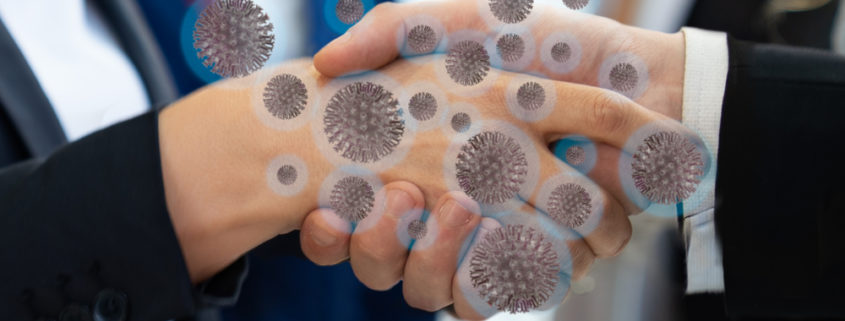4 Steps to Preventing Infection in Nursing Homes
The United States is expecting its highest senior population rate as more than 76 million baby boomers enter into retirement. This also means that nursing homes will have to accommodate more residents and that could have a huge impact on the quality of care being given in these facilities, especially in preventing infections.
In the effort to keep the home-like environment in nursing homes, four practices should be implemented to make sure that residents are safe from infections and given the best quality of life possible:
Proper Hand Hygiene
Although healthcare workers in nursing homes want to be seen more like friends, they still need to implement strict measures, especially in terms of maintaining good hygiene within themselves and the residents.
Hand hygiene is particularly important for residents before meals and healthcare workers should also practice hand hygiene and wear appropriate gloves when taking care of residents since they’re more vulnerable to infections.
Protective gowns and gloves should also be kept in the rooms of high-risk residents to keep healthcare workers safe while taking care of them.
Proper Wound Care
If residents have any open sores or wounds, they need to be cared for properly to avoid infections. Healthcare workers have the responsibility to make sure that their residents don’t incur any injuries or sores, but if they do, they need to be cleaned and covered with a bandage.
Wounds also need to be checked regularly and proper medications should be given for pain and to prevent infection.
Proper Isolation
In a regular hospital setting, anyone with an infected wound or uncontrolled secretions would instantly be isolated in a private room and kept from away from other patients.
But in nursing homes, isolating residents could lead to anxiety, depression, and social stigma. This is why healthcare workers need to implement measures that keep residents with infections separated from other residents without fully isolating them or making them feel like they’re in a hospital.
Personal protective equipment like gloves, masks, and gowns should also be readily available for healthcare workers to use in caring for residents.
In the case of an outbreak, however, strict policies need to be implemented to protect the entire community even if it means isolating residents temporarily.
Proper Preventive Measures
The most common mode of transmission for infection in nursing homes is through the hands of healthcare workers who spread pathogens as they transfer from one resident to the other.
This is why it’s very important for these facilities to have proper preventive measures among healthcare workers, especially in caring for vulnerable residents who have wounds, infections, and antibiotic-resistance.
As more Americans enter their retirement years, the need to improve the quality of service in nursing homes also becomes more important.
Aside from these four important practices, other measures specific to every institution should be implemented to make sure that all residents are not only safe from infections but also other health conditions that could affect their quality of life.
Fallbrook Assisted Living is proud to offer its services to Fremont, NE, and surrounding areas and cities: Arlington, Cedar Bluffs, Ames Nickerson, Fontanelle, Arlington, Leshara, Colon, and Hooper




